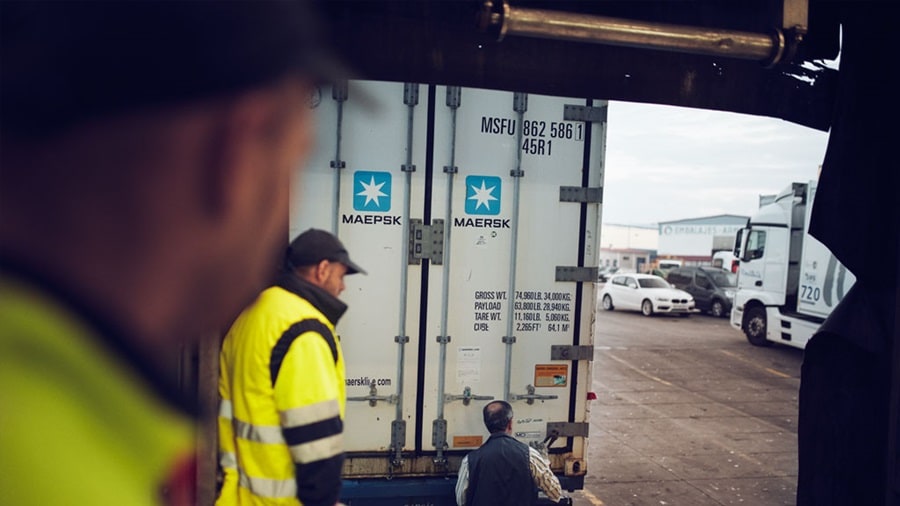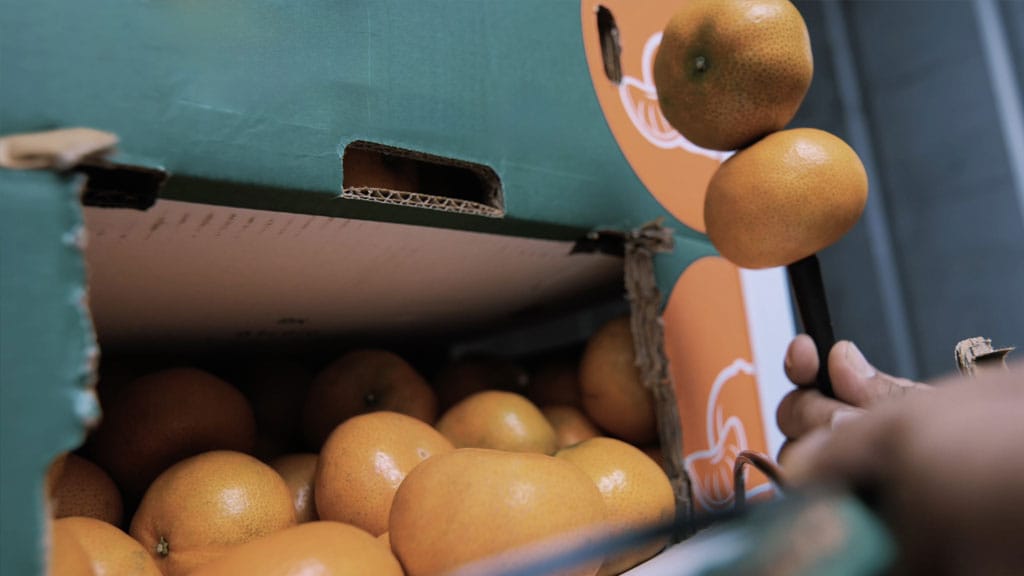In the global marketplace, the transportation of fruits and vegetables is a critical component of the food supply chain. To ensure that produce arrives fresh and free from pests and diseases, cold treatment has become a growing requirement for entry into various markets around the world. Understanding the need for this method, the steps involved, and its main benefits can provide valuable insights into how cold treatment supports the safe and efficient movement of agricultural products.

Why cold treatment?
Cold treatment is a specialised technique used to manage and prevent the spread of pests and diseases in fruits and vegetables. Specific markets, particularly those with strict phytosanitary regulations, demand this treatment to protect local agriculture and ecosystems. Countries with stringent import regulations, such as the United States, China, and India, often require cold treatment to ensure that imported produce meets their safety standards.
Main benefits of cold treatment
- Pest and disease management: Cold treatment effectively eradicates or neutralises pests and pathogens that can damage produce. This is crucial for preventing the introduction of harmful species into new environments.
- Compliance with regulations: Adhering to cold treatment protocols ensures compliance with international trade regulations and helps in gaining access to markets with strict import requirements.
- Extended shelf life: By performing treatment during transit instead of cold warehouses at destination ports, importers can save time.
The true value of performing cold treatment with Maersk is ensuring that each entity involved during the process follows global quality standards to achieve the optimal quality outcome.
Enhancing control and visibility with Maersk Cold Treatment
At Maersk, our Cold Treatment solutions are designed to meet the requirements of international markets, combining cutting-edge technology with a deep understanding of temperature-sensitive cargo. Our state-of-the-art containers and real-time monitoring systems ensure that fruits and vegetables are kept at precise temperatures throughout transit, mitigating risks of pests and diseases, and aiding in regulatory compliance.
Elevating this capability is our advanced service, Captain Peter, which provides unparalleled visibility and control of your in-transit reefer goods. Captain Peter offers real-time tracking and detailed insights into cargo conditions, including USDA probe readings, temperature fluctuations and location updates. This service enables proactive management of potential issues, ensuring that produce remains within the required temperature range and minimising spoilage risks. With integrated data analytics and user-friendly interfaces, Captain Peter empowers shippers to make informed decisions, optimise routes, and swiftly address challenges. This also reinforces Maersk’s commitment towards excellence in cold treatment and supply chain efficiency.
Cold treatment is a vital process in the transportation of fruits and vegetables, especially for markets with stringent safety and quality standards. By following the steps required by regulations and understanding the benefits, we can ensure that produce remains fresh, safe, and compliant with international regulations. As global trade continues to expand, the role of cold treatment will become increasingly important in maintaining the integrity and quality of agricultural products.
Watch the video above to see a deep dive into the steps involved in this service.
Are you interested in hearing more?
注册订阅物流时事通讯
接收新闻和见解,帮助您驾驭供应链,了解行业趋势,并制定物流战略。
感谢您注册
发生意外错误
很抱歉,我们无法完成您的新闻通讯订阅注册。













